Thank you for downloading this Simon & Schuster ebook.
Get a FREE ebook when you join our mailing list. Plus, get updates on new releases, deals, recommended reads, and more from Simon & Schuster. Click below to sign up and see terms and conditions.
CLICK HERE TO SIGN UP
Already a subscriber? Provide your email again so we can register this ebook and send you more of what you like to read. You will continue to receive exclusive offers in your inbox.
We hope you enjoyed reading this Simon & Schuster ebook.
Get a FREE ebook when you join our mailing list. Plus, get updates on new releases, deals, recommended reads, and more from Simon & Schuster. Click below to sign up and see terms and conditions.
CLICK HERE TO SIGN UP
Already a subscriber? Provide your email again so we can register this ebook and send you more of what you like to read. You will continue to receive exclusive offers in your inbox.

An Imprint of Simon & Schuster, Inc.
1230 Avenue of the Americas
New York, NY 10020
www.SimonandSchuster.com
Copyright 2018 by Juan Vidal
All rights reserved, including the right to reproduce this book or portions thereof in any form whatsoever. For information, address Atria Books Subsidiary Rights Department, 1230 Avenue of the Americas, New York, NY 10020.
First Atria Books hardcover edition September 2018
 and colophon are trademarks of Simon & Schuster, Inc.
and colophon are trademarks of Simon & Schuster, Inc.
For information about special discounts for bulk purchases, please contact Simon & Schuster Special Sales at 1-866-506-1949 or .
The Simon & Schuster Speakers Bureau can bring authors to your live event. For more information or to book an event, contact the Simon & Schuster Speakers Bureau at 1-866-248-3049 or visit our website at www.simonspeakers.com.
Jacket design by Greg Mollica
Jacket illustration and photograph by Nina Tsur
Author photograph by Matthew W. Warren
Library of Congress Cataloging-in-Publication Data
Names: Vidal, Juan.
Title: Rap dad : a story of family and the subculture that shaped a generation / Juan Vidal.
Description: First Atria Books hardcover edition. | New York : Atria Books, 2018. | Description based on print version record and CIP data provided by publisher; resource not viewed.
Identifiers: LCCN 2018005010 (print) | LCCN 2018016494 (ebook) | ISBN 9781501169410 (Ebook) | ISBN 9781501169397 (hardback) | ISBN 9781501169403 (tradepaper)
Subjects: LCSH: Vidal, Juan. | JournalistsUnited StatesBiography. | FatherhoodSocial aspectsUnited States. | Colombian AmericansBiography. | BISAC: BIOGRAPHY & AUTOBIOGRAPHY / Personal Memoirs.
Classification: LCC PN4874.V53 (ebook) | LCC PN4874.V53 A3 2018 (print) | DDC 070.92dc23
LC record available at https://lccn.loc.gov/2018005010
ISBN 978-1-5011-6939-7
ISBN 978-1-5011-6941-0 (ebook)
Para mi madre, Mara Isabel
Were human beings, my son, almost birds, public heroes and secrets.
Roberto Bolao
Id like to send a shout to the fathers that didnt raise us.
Earl Sweatshirt
I put it down on paper and then the ghost does not ache so much.
Sandra Cisneros
Part I
Memory Lane
True in the game, as long as blood is blue in my vein...
1
WE GREW UNDER THE GRAY of a lingering paranoia. The icebox, like the arms on the rusted swivel chair, needed fixingthe beat-up clock and random knobs on the telly, too. But we stopped sweating it just as quick as we could storm the block with no parentals. Id read that in old Greece, the children dreamed away in wicker baskets, made games with miniature chariots and fed goats and weasels. At seven they took to primary school, learned Homer and how to play the lyre. How it began was all this. This to become, or to learn to become. Not here. Not for the wild things in the 305 and the 954. Raised by women, we searched for Animal Chin and dug for meaning in the fighting words of Leroy Green and Tito Santana. We did the knowledge, and we tripped over it just the same.
THE EIGHTIES MADE US. They also saw the ascent of crack, neo-expressionism, and what would become the soundtrack to our lives: hip-hop. We were awed by the pedestaled beings on the tube, the def poets in their flawless fits, and the jerseyd watercolor figures leaping high as the sun. MCs, ballplayers, the kung fu man whose family never called him Bruce but Little Phoenix. Everything they did we tried, eager for someone to emulate. We were the fatherless searching for our footing, steady on the hunt for a narrative. Our mothers carried what seemed like the weight of the world on their backs. They were scrappy, selfless. They loved hard and worked their fingers to the pink. But the void we felt was inescapable. Then it hit us like something furious blazed in from afar. This thing with its beauty, its built-in contradiction. It was loud and savage and free, like us. We were drawn to hip-hops magnetic pull, transfixed by its starts and stops. Like the Spanish and Patois and Creole of our homes, it became a part of usit carried the same force as our mother tongues. Only it wasnt in the language of our mothers, so they couldnt teach it, or take it away. They damn sure tried. At Silver Lakes Middle, it was our strut, how we cracked jokes. We invoked KRS and the Jungle Brothers, and in 92 as a nod to Rakim, Gino got Dont Sweat the Technique etched in his fade. We lost it, and that chico was king for the whole quarter.
In those days, many of us came to see our fathers as ghosts, apparitions who would appear one moment and be gone the next. They were in love, then they werent; they played at life. They seldom prospered and never mastered the minutes. There was only that, the days swooping past with the wind in their hair. Over and over they broke our hearts. But we the children ate our fill and grew. Some of us went to war, some to university. Others nowhere fast. We all aged, and many became husbands. Some, fathers. Soon there were lawyers, therapists, preachers, tons of figuring and psychoanalysis. A lot of cheating and come mierda. Regrets, fractured family structures. Everyone trying to manage, never having learned how to properly navigate it all. We were never taught the way of stand-up cats that handled theirs. We had to dig deep, and in time some of those skills came, like the night. Night always came, and that was the truest thing. Right and left, we saw other grown-up kids who were left to chance. The faint memories of distracted fathers.
This is the story of us.
2
WE LIVED IN A BROWN BRICK HOUSE in the southeast part of the sunshine state, a stones chuck west of I-95. Nights I could feel the traffic rumble as I dreamt of Third Earth or guarding the Castle Grayskull with a sword. There were three bedrooms, two bathrooms, and a small den that housed mounds of records and dusty photo albums. My two brothers, Alejandro and Andres, shared a room. Still, they both preferred to nod off in mine, the three of us packed like canned beans on a twin bed that creaked every time we moved. My folks bickered down the hall, their arguments mostly centering on my fathers whereaboutswhere hed been all week and why he carried the scent of some other mans wife. Drugs, too. The first time I saw my father do coke I was about six. Id ambled into the kitchen for bread at some godless hourmy hunger was always fierce and unceasingBatman Underoos in full effect. I didnt know what the powder was on his stache, but I remember wishing hed take me to see the snow. Id seen it some in New York City, where I was born, but palm trees and sprawling beaches had erased those memories. A family vacation that never was is one of my earliest recollections. Less than halfway there my father decided it was enough. My brothers and I sat in the back of our Astro van with the luggage, a cooler, and two fishing poles. He was beat from a night out, but that morning my father said, You think hes the only one who can take you anywhere? Lets go. He tossed a duffel bag onto the bed and started shoving clothes in it, his and my mothers, whatever was near. You think that gringo is something grand, dont you? Well, your father is taking you on a trip, he said. Aprate!
Next page


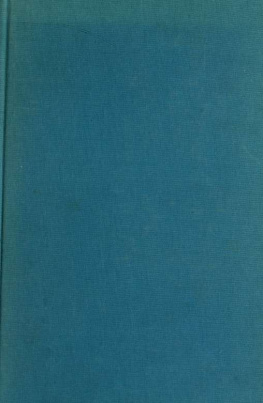
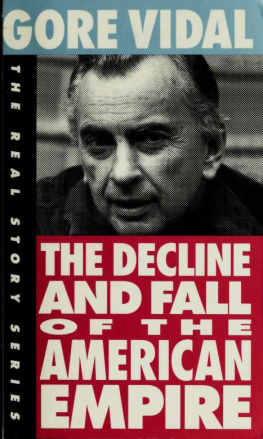
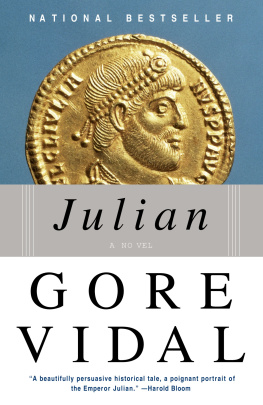

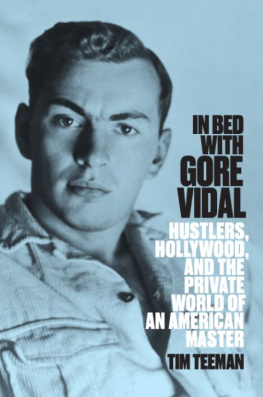
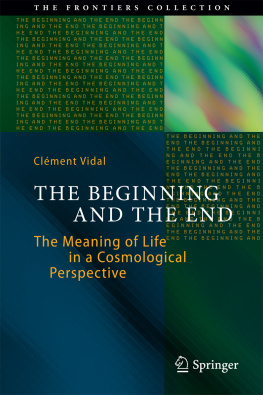
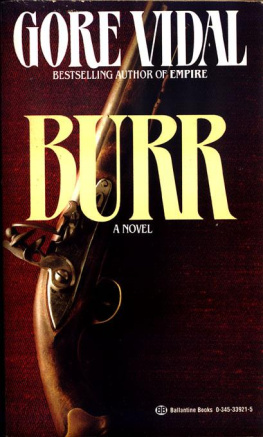
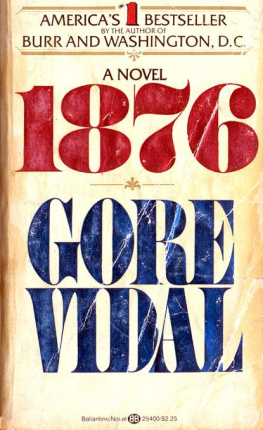



 and colophon are trademarks of Simon & Schuster, Inc.
and colophon are trademarks of Simon & Schuster, Inc.